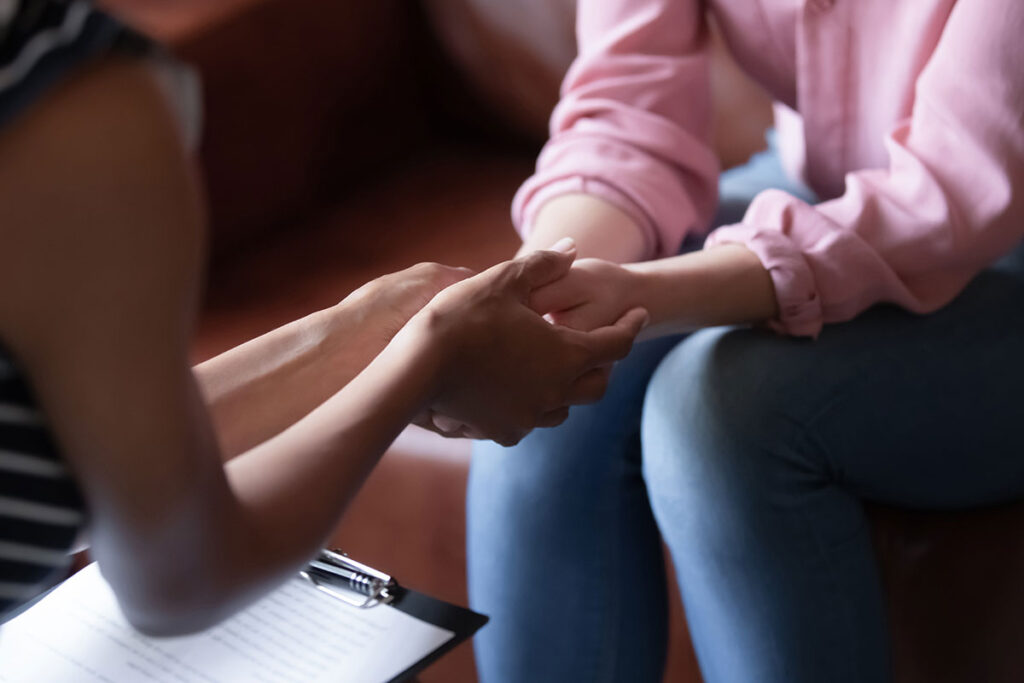
A Village Approach to Collaboration
- Posted by Daisy M Hernandez
- Date October 11, 2023
The Massachusetts Bureau of Substance Addiction Services (BSAS) has worked hard to grow and support the peer workforce. Skilled and informed peers are vital resources in supporting people with a substance use disorder through their process of recovery and their journey to wellness.
The Recovery Education Collaborative (REC) is one example of how Massachusetts has invested in developing this workforce. Yet, this work cannot be done alone. The REC sees great value in approaching the development of peers through a lens of collaboration and collective impact.
Below we highlight additional technical assistance (TA) centers that are supporting the development and delivery of peer support, recovery support services, and other behavioral health services and systems. In addition to REC training and TA offerings, these TA centers may be able to help you and your organization to meet your goals.
SAMHSA’S PEER RECOVERY CENTER OF EXCELLENCE:
The Peer Recovery Center of Excellence is a peer-led national center that provides training and TA related to substance use disorder recovery. It accepts TA requests pertaining to recovery from all states and across a range of topics including clinical integration of peers, peer workforce development, support for recovery community organizations (RCOs), and evidence-based and best practices.
https://www.samhsa.gov/peer-recovery-center-of-excellence
SAMHSA’S OPIOID RESPONSE NETWORK:
The Opioid Response Network has local consultants in all 50 states and nine territories to respond to local needs by providing free educational resources and training to states, communities and individuals in the prevention, treatment, and recovery of opioid use disorders and stimulant use.
http://www.opioidresponsenetwork.org
THE GRAYKEN CENTER FOR ADDICTION TRAINING AND TECHNICAL ASSISTANCE:
Boston Medical Center’s (BMC) Grayken Center for Addiction Training and Technical Assistance offers free services to Community Health Centers (CHCs) and other health and social service providers on evidence-based, comprehensive care for treatment of substance use disorders.
https://www.addictiontraining.org
LGBTQ+ BEHAVIORAL HEALTH EQUITY CENTER OF EXCELLENCE
The Center of Excellence on LGBTQ+ Behavioral Health Equity provides behavioral health practitioners with vital information on supporting people identifying as lesbian, gay, bisexual, transgender, queer, questioning, intersex, two-spirit, and other diverse sexual orientations, gender identities, and expressions (LGBTQ+).
https://www.samhsa.gov/lgbtq-plus-behavioral-health-equity
SAMHSA’S TRIBAL TECHNICAL ASSISTANCE CENTER:
SAMHSA’s Tribal Technical Assistance Center – helps Alaska Native and American Indian
communities with training and TA related to substance use, trauma, mental health, and suicide prevention.
https://www.samhsa.gov/tribal-ttac/about-us
NATIONAL HARM REDUCTION TECHNICAL ASSISTANCE CENTER (NHRTAC):
The goal of NHRTAC is to improve the capacity and performance of harm reduction programs throughout the United States by ensuring access to high-quality, comprehensive TA.
https://harmreductionhelp.cdc.gov/s/
POLICE ASSISTED ADDICTION & RECOVERY INITIATIVE (PAARI):
The Police Assisted Addiction & Recovery Initiative (PAARI) provides training, strategic guidance, support, and resources to help law enforcement agencies nationwide create non-arrest pathways to treatment and recovery.
If you have a question about REC TA resources, contact Daisy Hernandez, REC Director of Peer Recovery TA, at dhernandez@c4innovates.com.
Blog post by Daisy Hernandez